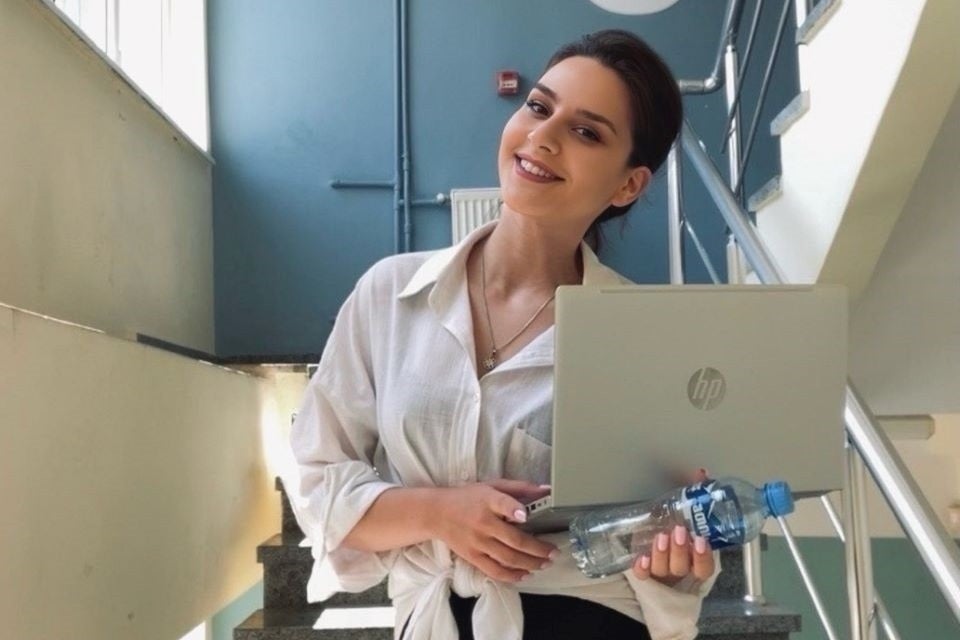First-ever course on gender and economics introduced into a Georgian university education programme
Date:

Increasing awareness of the impact of gender on the economy is crucial for advancing women’s economic empowerment. Globally and in Georgia, women face numerous barriers to labour force participation, as well as wage disparity, limited access to resources, unpaid caregiving responsibilities and more.
Data from 2022 show that 58.5 per cent of working-age women in Georgia are economically inactive, meaning that they are neither employed nor actively seeking employment. A significant number of women are engaged in unpaid care work. The unadjusted gender pay gap stands at 31.7 percentage points. The disparity in access to resources is particularly pronounced in land ownership, with only 18 per cent of agricultural landowners in Georgia being women.
The data underscore the necessity for policymakers to identify the structural barriers that both create and reinforce gender inequalities. This highlights the increasing importance of incorporating gender and economics courses into higher education curricula globally. Gender and economics courses prepare future professionals with the skills and knowledge needed to recognize gender-related barriers in the economy while they are still students, allowing them to explore strategies to overcome these challenges and develop initiatives for advancing women’s economic empowerment.
In Georgia, UN Women has been a pioneer in this regard and, in collaboration with the International School of Economics (ISET) at Tbilisi State University, introduced a gender and economics course for undergraduate students.
The course aims to provide students with knowledge and skills in gender and economic theories, as well as wage and employment inequality, and help them understand how the division of family roles and caregiving responsibilities affects economic participation, using interactive methods.
The course was open to third and fourth-year students in the 2023/24 academic year. Notably, it attracted considerable interest, with 103 students expressing a desire to enrol.
“I have always been deeply interested in gender equality issues and challenges, which is why I chose this course,” says Medea Tutashvili, a recent ISET graduate who completed the Gender and Economics course as a fourth-year student. “It gave me the opportunity to study and better analyze the role of gender in economic processes and the development of the country, observe major trends in this area, and discuss key challenges with my fellow students.”
Medea believes that the strong student interest in the course stems from its relevance, adding: “This course is crucial for raising awareness among students in any field. However, understanding the role of gender is particularly essential for future economists, as it enables them to develop more effective and equitable policies and strategies.”
The Gender and Economics course was created and introduced within the framework of the UN Women regional project “Women’s Economic Empowerment in the South Caucasus”, which is funded by the Swiss Agency for Development and Cooperation (SDC) and the Austrian Development Cooperation (ADC).